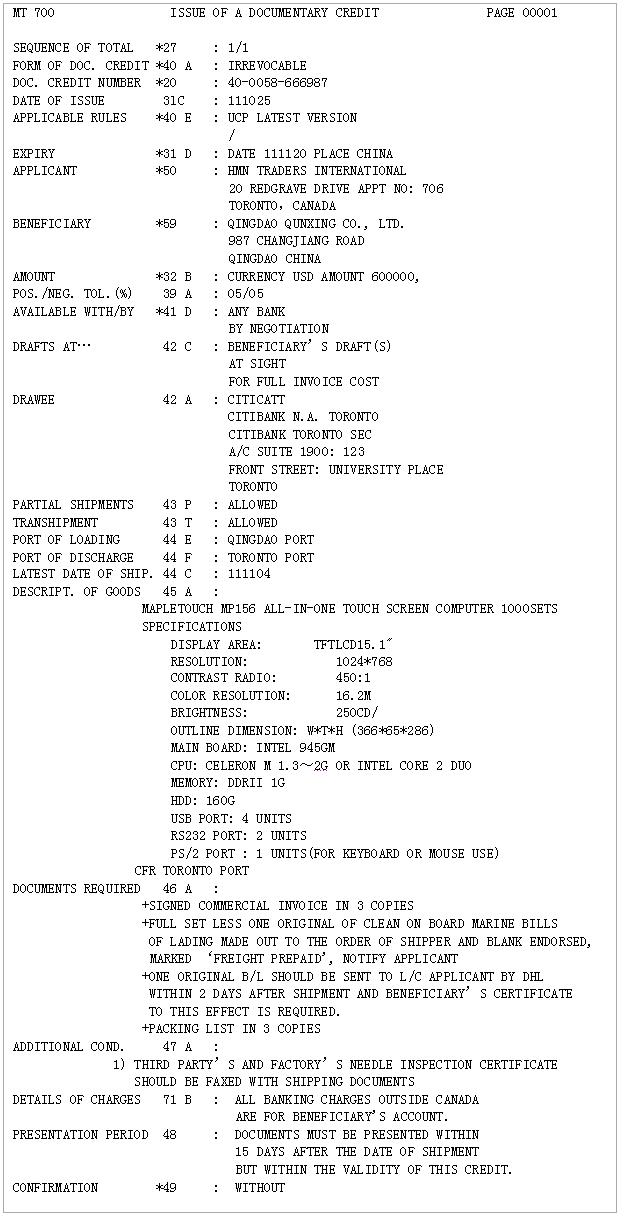先贤苏格拉底有句名言“美德即知识”,后人对此提出质疑。请以“道德是否可教”为话题进行写作。文体不限,诗歌除外。
参考答案:古希腊教育家苏格拉底将美德与知识等同,由知识的可教而得到美德可教。道德究竟可教吗我认为,道德不是单纯由教得来的,道德是在有教育的环境中养成的。因为美德不仅仅是知识,美德可以是知识以外的东西,是一种人们践行道德的见识。
我认为道德养成途径有三条:基本知识的传授;专门的道德知识的教授;榜样的树立与环境的习染。
道德养成途径中,占首要地位的是榜样的树立与环境的习染。由于人的社会属性,人无时无刻不处于社会化进程中和受到社会各个方面(如家长、教师、同学、媒体等)的影响,社会氛围无疑在个体道德认识和情感体验及价值判断中占重要地位。
其次是基本知识的传授。这里的基本知识是指除专门的道德知识以外的知识,并且是指在学校中有组织地习得的知识,既包括学科知识,又包括活动课程知识。普通课程的学习可以在生理上和心理上给学生造成影响,从而影响其对道德的情感体验。对一般知识(非德育知识)的学习,可以开阔一个人的眼界,转变其思维方式,使其对社会甚至整个世界有更深刻的认识和更宏观的把握,而不是只看到表面的、暂时的利害和个人的得失,从而提高个人的道德境界。活动课程不仅可以获取知识,同时也把道德实践包含在内,使课程的道德教育功能更全面。
再次为道德知识的教授。道德知识偏重于教,是对社会行为规范的总结与体系化,是独立的德育过程。这种专门知识自成体系,对于培养受教育者道德意识,规范受教育者行为有一定作用。
总之,道德是每个人所应追求的品质,但其养成不是一朝一夕的事,而是一生要做的功课。

